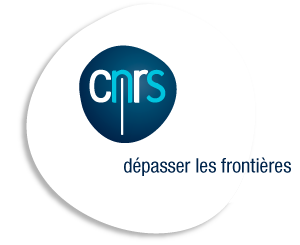Learning Theory for Kernel Bilevel Optimization
Résumé
Bilevel optimization has emerged as a technique for addressing a wide range of machine learning problems that involve an outer objective implicitly determined by the minimizer of an inner problem. In this paper, we investigate the generalization properties for kernel bilevel optimization problems where the inner objective is optimized over a Reproducing Kernel Hilbert Space. This setting enables rich function approximation while providing a foundation for rigorous theoretical analysis. In this context, we establish novel generalization error bounds for the bilevel problem under finite-sample approximation. Our approach adopts a functional perspective, inspired by (Petrulionytė et al., 2024), and leverages tools from empirical process theory and maximal inequalities for degenerate U-processes to derive uniform error bounds. These generalization error estimates allow to characterize the statistical accuracy of gradient-based methods applied to the empirical discretization of the bilevel problem.
| Origine | Fichiers produits par l'(les) auteur(s) |
|---|



